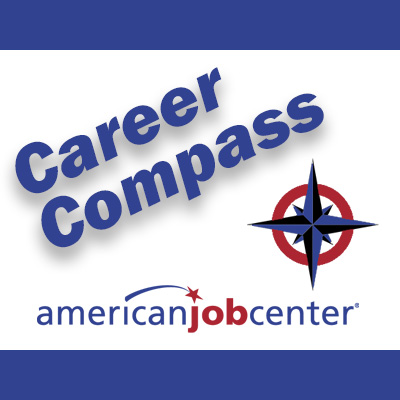The Quiet Strength You Already Carry
In a sea of applicants, the person who tells the clearest story wins. And often, that story isn’t about what you did but how you did it. That’s where transferable job skills come in—the skills you carry across contexts, not bound to one job title or industry.
These are not magic or filler words. They’re real capabilities grounded in your experience: problem-solving, managing time, collaborating, leading, adapting. Employers value them because they show resilience and flexibility.
Where Transferable Job Skills Come From: More Than Just Jobs
Don’t limit your thinking to paid work. Transferable skills can come from:
- Volunteer work: organizing events, fundraising, leading committees
- Life roles: caregiving, coordinating family schedules, managing home budgets
- School or training: group projects, research, presentations
- Side gigs or hobbies: writing, taking photos, tutoring
All of those tasks often require communication, organization, planning, problem-solving, critical thinking—skills that carry weight in a job.
The Illinois Essential Employability Skills Framework underscores this: it defines foundational skills (communication, teamwork, adaptability) that matter across sectors. (ICSPS | Illinois State University)
Also, the formal idea of transferable skills analysis (TSA) is used by vocational evaluators to map how what you’ve done could apply elsewhere. (Wikipedia)
How to Spot Your Own Transferable Skills
Here’s a step-by-step:
- Inventory everything you’ve done
List roles, volunteer positions, side projects—big or small. - Break each into tasks & actions
For each, note what you did—“organized meeting,” “reconciled accounts,” “led team discussion.” - Underline the skill behind the task
E.g. organizing a meeting → planning, communication, coordination. - Group & rate them
Cluster into “soft skills” (communication, problem solving) and “functional skills” (data analysis, project management). Rate your confidence. - Look for themes or repeated skills
Which overlap across roles? Those are your strongest transferable skills. - Match to targeted job descriptions
Read jobs you want. See words like “lead,” “coordinate,” “solve,” “manage deadlines”—those often echo transferable skills.
These steps draw on common guidance (e.g. “7 Steps to Identify Transferable Skills”). (Skill Success Blog) Also, resources like CareerOneStop suggest listing key tasks and then extracting the skill (using action verbs). (CareerOneStop)
Market Your Skills: Show What You Bring
Once you know your skills, you must frame them in your resume, interview, and online profiles:
- Use action verbs and quantifiable outcomes (e.g. “Led a volunteer team of 8 to raise $5,000” vs “Helped with fundraising”).
- In your summary or objective, mention your top transferable strengths (e.g. “Skilled communicator with leadership and problem-solving experience”).
- Use stories in interviews: “When my team faced a tight deadline, I reorganized tasks and improved output by 20%”—that shows skill in real life.
- Customize per role: pick the 3–5 transferable skills that align best with each job.
These practices help you move from “begging for a chance” to “presenting strategic value.”
How AJC Helps with Skills Assessment & Career Mapping
You don’t have to do this alone. The American Job Center offers skills assessments and career mapping services to help you uncover hidden strengths and chart a path.
- Through Illinois workNet, there are Skills & Interests Surveys you can take to see how your strengths align with careers. (Illinois workNet)
- AJC career coaches can guide you in interpreting those results and mapping out career paths built on what you already bring.
- The assessments help you see not only what you know but where you can grow—aligning your experience to local in-demand jobs.
- This isn’t hypothetical: you leave with actionable insight, not vague “career advice.”
These services are designed so your past work, volunteer time, and life experience become a springboard—not a barrier.
Next Steps to Put It Into Action
- Block out 30 minutes this week to do the inventory + skills identification.
- Take one of the Illinois workNet assessments (Skills & Interest Surveys) and save your results.
- Choose 3 transferable skills you feel confident in and start inserting them into your resume, LinkedIn, or applications.
- Reach out to AJC, telling your career coach your results and asking: “How can these skills lead me to local jobs?”
Conclusion + Call to Action
You already carry powerful, under-recognized skills. By mining your experience, reframing how you present them, and combining that with an expert assessment through AJC, you can position yourself beyond the crowd.
Schedule your free skills assessment with an AJC career coach. Let’s uncover what you do best—and map a pathway where your past becomes your advantage.
Discover more from The American Job Center - News
Subscribe to get the latest posts sent to your email.

